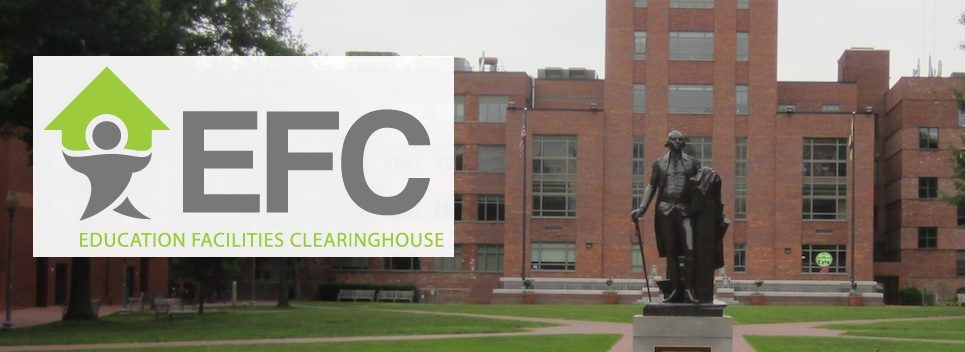Grimaz, Malison, & Torres, 2015
Ensuring the safety of people in case of natural hazards is one of the main concerns of public administrators in hazard-prone territories, particularly with reference to strategic and relevant major public buildings, such as schools. This requires the definition of a rational and effective strategy for risk reduction based on the level of risk, criticalities, countermeasures and costs. In order to evaluate these aspects, the SPRINT-Lab researchers of the University of Udine in Italy (1) developed the VISUS method (Visual Inspection for defining the Safety Upgrading Strategies). VISUS was first developed aiming to assess schools in a seismic scenario, but it has evolved into a holistic and multi-hazard approach that considers five issues: site conditions, structural performance, local structural criticalities, non-structural components and functional aspects. Each issue is analysed using a pre-codification of the expert reasoning, splitting the assessment in two main phases: the characterization and the evaluation. As a result, simple graphical indicators summarize the evaluation pointing out the main weaknesses and the needs of intervention. VISUS could be used as effective decision making tool for planning actions in risk mitigation at a regional scale following a rational approach. VISUS is adaptable to different local contexts and needs. The method provides different sub-products, such as the transfer of scientific knowledge through the capacity building of local engineers and decision makers; a mobile application for collecting related data; the production of school’s individual and collective reports; and geo-referenced national inventories of schools in mapping platforms such as OpenStreetMap or GeoNode. The method was elaborated and applied in the ASSESS project aimed at assessing more than 1000 schools in the Friuli Region (N-E of Italy) and recently it has been adopted in a prototypal project of UNESCO in 100 selected schools of three geographical departments of El Salvador (La Paz, La Libertad and San Salvador). UNESCO is planning to start new pilot projects in different countries worldwide.

